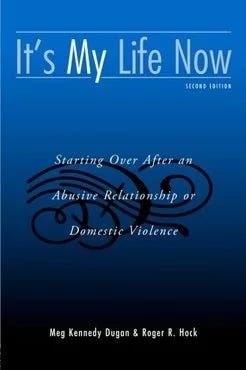Special to the Newport (OR) News Times: Part three of Three-Part monthly series on domestic abuse
Part Two: Stages of Grief, Disempowering the Abuser, Healing
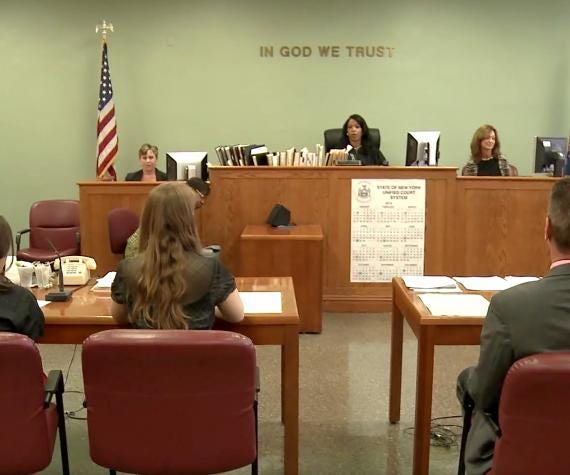
I’m in the courtroom at the plea bargain hearing – aka diversionary sentencing. My friend is there – strong, professionally dressed, with her mother who had come a long way out of state to support her daughter. Behind my friend is her tribe – nine women who she has come to call friends over the course of a year. There are two men in the courtroom also supporting her.
The accused is in an orange jumpsuit with arms shackled to his waist. Two sheriff’s deputies are in the courtroom watching over him.
He has no one there for support. His defense attorney looks nervous, with reddened face.
The judge calls my friend to the witness stand where she begins reading her victim impact statement. I’ve been to many of these sorts of hearings – I know not all judges are attentive. This judge, however, is moved by the survivor’s words – all four pages, single spaced. It’s her story, and the words are directed at the accused, her husband.
He forces a gaze away from his powerful voiced wife during her catharsis. The people supporting her have tears in their eyes. Her mother is distraught hearing the details of these four and a half years of hell.
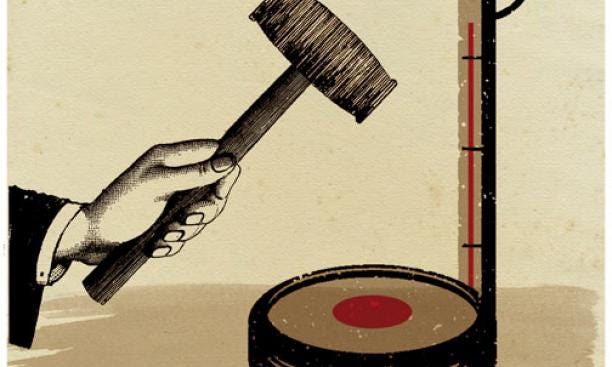
Near the end of her testimony, these words ring so true now that she’s a survivor, no longer his victim:
“The person you assaulted that night exists no more. I am in process of regaining all the self confidence you took away from me, taking back control over my life and healing from all the trauma you caused me. Make no mistake — you can’t fool me anymore. Although you’ve shaken me to my core, you didn’t succeed in killing me; I am now growing stronger than ever.
That’s my biggest victory. I am finally seeing you for the monster that you are. I am standing up for myself. Unlike you, I never sought vengeance. By now, I only want you to take accountability and be held legally responsible for what you did to me. I am finding myself much more peaceful knowing exactly who and what I was dealing with. I know you know exactly what you did to me that night and how much you’ve abused me over the years, and it’s going to haunt and torture your consciousness forever, no matter how drunk you get. YOU will have to live with those thoughts after this day.”
The judge commends the survivor for her strength, for her composure and for her ability to move ahead in her life. Not surprisingly, the defendant shows no remorse; in fact, he makes no statement or any attempt at an apology. He is emotionless.

Universal Abuse
There are around twenty folk at the Samaritan Education building where My Sister’s Place is hosting the legal services people with Catholic Charities. The discussion is domestic abuse and immigration. We listen to a Romanian lawyer and one from Columbia, originally. They work on asylum cases and special visas for those fleeing the hell of emotional, sexual, emotional abuse. As well as the economic and physical intimidation and threats. Stalking and manipulation of children also occur with folks who are undocumented and attempting to get a green card.
We get the alphabet – VAWA, U Visas, T Visas and SIJS, to name a few. Respectively, we have Violence Against Women Act; serious crimes & sex trafficking U & T visas; Special Immigration Juvenile Status.
This arena is a WHOLE other set of stories, but the bottom line is that ironically my friend who is the subject of this piece is a married woman who sought a green card during the marriage, and with the abuse, the husband threatened her with pulling away his support of her application. He contacted the immigration officials working on my friend’s case to renege his support of a green card.
I did get the survivor to contact the Arizona social worker during her fleeing to Arizona March 2022. Heild’s experience is deep:
She was the Director of Services for the first nonprofit directing a 16-bed safe home as the domestic abuse provider in Northern Pinal County , AZ — CAAFA, Community Alliance Against Family Abuse. She supervised the staff but also directed a 24-hour hotline, support groups and worked in legal advocacy.
Both Heild and Amber agree that community outreach, fundraising and volunteer programs are vital in terms of shifting the culture at large to support services and advocacy for victims of domestic abuse.
Limitations exist, according to Heidi:
“DV programs are for the most part short term solutions – average stay in a shelter 2-3 months, not enough time to deal with trauma, find housing and other basic needs. Most victims seeking shelter and services are lacking support, childcare, financial support and are considered economically vulnerable.”

The Story Never Ends – Victim to Survivor to Hero
My friend the survivor wants to tell – write her story. She advocates even now for other women fleeing abusive partners. She is out of one limbo and in another as the legal separation – divorce – from this fellow is another stage in her complete break from the abuser, his family, and friends.
She knows this series is about how abuse fits into the entire scheme of things, and my own take on her story is my take. Her story is hers to tell, and while a memoir is a worthy forum or medium, who knows where she will be in half a year, a year, five years from now.
“I’ve taken back my power,” she states. Even her opening of her statement contextualizes her life with an abuser and others’ lives: “I see clearly now. I see how you gained control over the years and how you targeted me from day one. By shining so bright – me the independent, multi-lingual, smart business owner — I had what you never had. You saw in me a powerful but vulnerable well intentioned human being, and you took advantage of it as all abusers do. You never treated me as your equal. I was the perfect victim for you.”
Each step she takes is a power step, even though she has to march through a minefield of the possibility of her abuser breaking no-contact orders and fighting for every penny in a divorce.
“I’m a different person now that I finally broke the cycle,” she tells me. “I may never be ‘that’ woman I was when he first met me, but I am reclaiming the strength qualities and moving into a new version of me.”
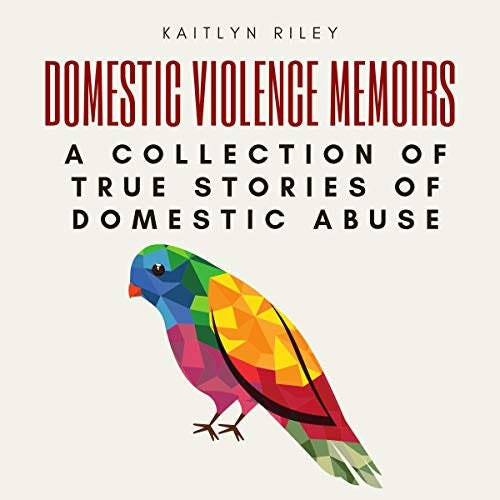
*****
The first National Domestic Violence Awareness Month occurred in 1987, so this October, check out local social services agency pages, but most pointedly, go to the My Sister’s Place Facebook page or their web site [https://www.msplincolncounty.org/ ] for the activities in our area tied to DV awareness and celebration of the survivors and their families.
NOTE: So, the following statement, in some form that was talked about but never written by the surivor, almost ended up in the newspaper with the survivor’s name as the final signature line, but this entire fucking broken system ontop of broken system she survived has straffed the soul and fiber of the survivor, pushing her back into victim mode/mood.
This is my putting my boots to the ground, putting my feet into her boots, my words, if I was the victim to survivor. And, still today, we have people on all sides of the political and intellectual divide still asking:
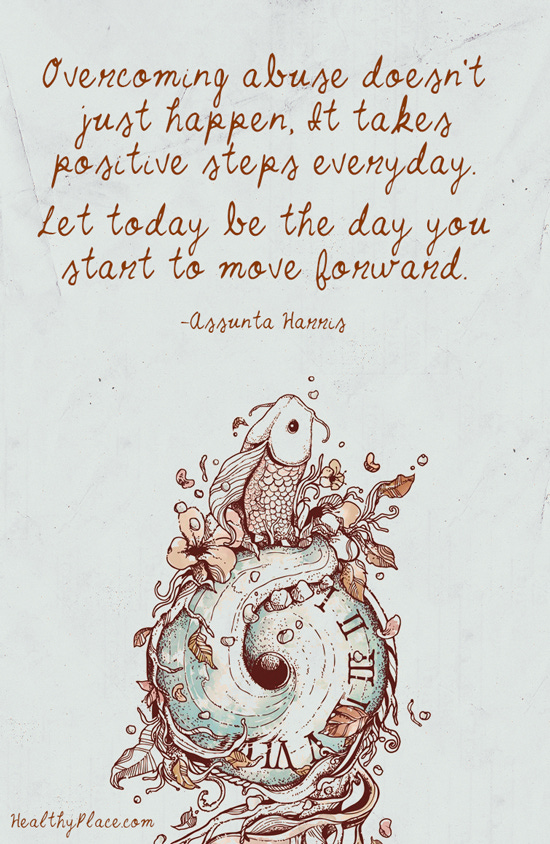
Moving from Victim to Survivor to New Life
I appreciate Paul Haeder and Newport News Times for the three-part series on Domestic Violence – August 8, Sept. 24, Oct. 13). Readers received a small view into the complications and complicities involved in battered wife syndrome.
The articles were definitely “trauma-informed.” Alas, though, I am writing this as the unnamed victim in this case. I am from Canada, I met the abuser five years ago in Guatemala, where I was a thriving business owner in Antigua.
I wanted a life of adventure and travel, and so, as a 33-year-old, finding this man seemed to be a great next step in my life.
I was wrong. I was targeted. I was manipulated. I was threatened, verbally abused, and fell into the trap of the yo-yo – leaving for a day or few weeks, but being roped back by my abuser who cried, plead, and promised to change.
I was in a sort of mental cage, a prison, and a Stockholm Syndrome.
On Nov. 12, he attempted to murder me, and was charged after the deputies had to break into our bedroom where he locked himself. I was shaking, with my dog, and without a phone as he threw my lifeline into the blackberry bushes.
The grand jury indicted him on 11 charges. He was put in jail on $750,000 bail.
My life from that point on was a dichotomy of me finding strength to begin divorce procedures, working with the DA on the upcoming trial, and working two jobs, landing a really amazing counselor, and understanding those almost five years of BWS.
I have to say that a few friends here, my sister and the investigating deputy were the only ones who did not let me down. The rest of the individuals and systems failed me. This failure speaks to the larger issue of domestic violence charges and trial and divorces landing the survivor back into a re-victimization role.
I’m not going to list specific names of those who failed me, and I have to believe I am not the only victim who has been failed in Lincoln County. The Das office failed me by slowly breaking down and opting for some odd plea agreement and fear of going to trial. Our tax-payer supported public defender failed me and other DV victims by doing her job by attempting to break me down and smear my reputation. The victims advocates were not deeply ensconced in trauma informed methodology.
My divorce lawyer failed me by only really jumping into the divorce trial a day before the actual proceeding. She was disorganized, inarticulate, and unfocused.
The judges failed me, too, including the judge who found that my years with this abuser, my supporting him in his deep alcoholism and sick days (four our of seven each week), my own concussion at the hands of this husband, all the threats and my sweat equity on the house in Waldport we built was worth a $27,500 asset award (sic) to me.
Even one of the judges failed me when I attempted to get a protective order/restraining order on my abuser’s mother who was harassing me and threatening to take my dog away. He found two out of the three precedents in my favor, but the last one stopped him from awarding me protection from an out-of-control mean mother-in-law.
I will be leaving this county soon. I have my dignity shredded, but I am mending through self-reflection, a close circle of friends and family support and my counselor who has been a lifeline for me to understand how and why I stayed in this abusive relationship and what I can do to move on with life to never be taken in by a narcissist and misogynist.
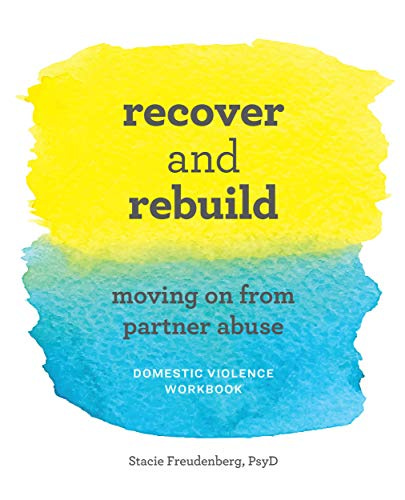
Does it take two to be part of a domestic abusive marriage? Yes, and it takes more than two. I was too hopeful, too willing to try and try again, I isolated myself, letting my family and friends down without letting them the true nature of this man’s abuse and threats.
Our patriarchal society played a part in my yo-yo behavior. The media and Hollywood also pushes some sick prejudices against women fighting back. And, unfortunately, the legal system, the mental health community, the so-called advocates, lawyers, and other “support” services have failed me.
Let it be known that I was VERY involved in my cases. The one judge at the plea agreement lauded me for being a strong, powerful woman. She listened to my four-page victim impact statement and seemed moved.
This is not about the final judgment — the money, lack thereof — but for me, with my “green card,” I now face financial challenges. My big dog is my friend and emotional support, so I’m glad the mother-in-law failed to take the dog from me (she gifted him as a puppy almost three years ago).
I will be journaling and possibly writing my memoir tied to this very unsettling and emotional significant events in my life. I’m not yet forty years old, and I have so much positive energy moving on. I will never forgive this abuser, and I will always be looking behind my back from time to time, for PTSD is a never ending mental state, even in remission.
I write this to the Lincoln County community – advocates, stakeholders, families, women, all the people who believe in justice and restitution and restorative justice: beware of broken systems that will entangle you in compassionless or incompetent pencil pushers and overworked lawyers and prosecutors. Get a counselor, for sure, quickly, and steel yourself for a threadbare system that fails victims time and time again.
This content originally appeared on Dissident Voice and was authored by Paul Haeder.
